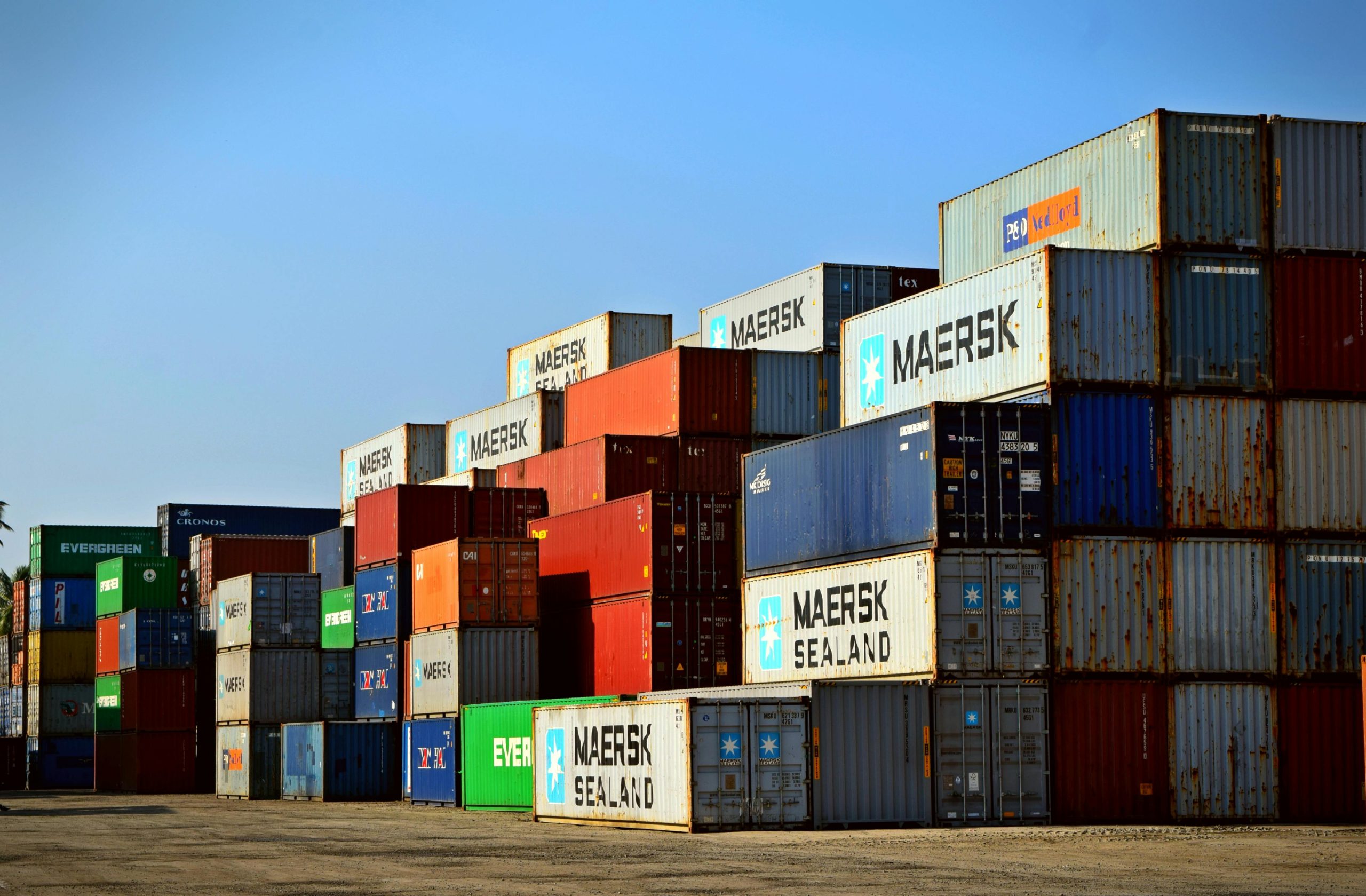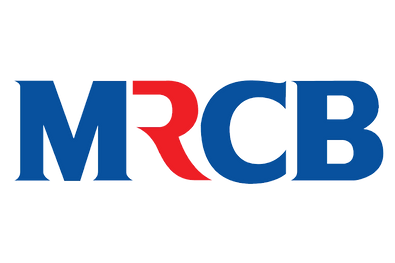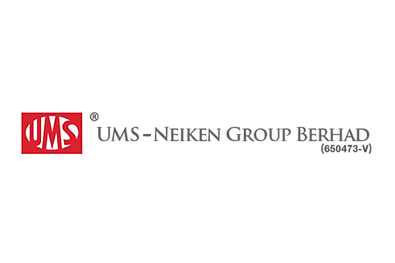BSCI Certification in Malaysia: Importance, Process, and How to Obtain CTPAT Certification & Plant Approval
For Malaysian businesses aiming to enhance their international competitiveness, obtaining certifications like the Business Social Compliance Initiative (BSCI) is crucial. This guide delves into the significance of BSCI certification in Malaysia, its acquisition process, and its interplay with other certifications such as the Customs-Trade Partnership Against Terrorism (CTPAT) and plant approvals.
In today’s interconnected world, businesses operating in or sourcing from Malaysia face an increasingly complex landscape of global compliance requirements. Ethical sourcing, robust supply chain security, and adherence to local regulations are no longer optional; they are fundamental pillars for sustainable growth and international market access. Navigating this intricate web involves understanding and achieving standards like BSCI certification, CTPAT certification, and the necessary plant approvals within Malaysia. This guide serves as a comprehensive resource for businesses seeking clarity and direction in achieving these crucial benchmarks
Experienced
We have wealth of experience and expertise with over 10 years of Successful ISO Consultation Service
Professional
Our BSCI Certification Consultants and Trainers are well trained professional with Accredited ISO.
Competitive Pricing
Our BSCI Consultation and Training services are among the best & effective solution in Malaysia.
amfori BSCI Audit, Process, Requirements and Benefits in 2026
The Business Social Compliance Initiative (BSCI), now under the umbrella of amfori, stands as a globally recognized system aimed at improving social performance in supply chains. It provides a common platform for companies to monitor their suppliers and drive social compliance based on a Code of Conduct derived from international conventions.
BSCI Certification in Malaysia is a key requirement for manufacturers, exporters and suppliers working with European and international buyers. The amfori BSCI framework helps companies demonstrate ethical business practices, responsible labour management and social compliance across their supply chain.
YHY Consultancy supports Malaysian companies through the full amfori BSCI audit process, from readiness assessment to corrective action closure, helping you meet buyer expectations and improve audit results efficiently.
What is amfori BSCI Certification
amfori BSCI, formerly known as Business Social Compliance Initiative, is a global social compliance system developed by amfori to help companies improve working conditions within their supply chains.
BSCI is not a product certification. It is a continuous improvement system used by European retailers and brand owners to assess supplier compliance with internationally recognised labour standards, including:
• Workers rights and fair treatment
• Health and safety at the workplace
• Fair wages and working hours
• No child labour or forced labour
• Environmental protection
• Ethical business behaviour
Many EU buyers require suppliers in Malaysia to pass a BSCI audit before they can be approved or retained.
Why is BSCI Important for Businesses in Malaysia?
For Malaysian manufacturers and suppliers, obtaining BSCI certification unlocks a multitude of benefits:
- Enhanced Access to International Markets: Many international buyers, particularly in Europe, mandate or strongly prefer their suppliers to hold BSCI certification as a testament to ethical production practices.
- Elevated Reputation and Brand Image: Demonstrating a commitment to fair labor practices and ethical standards significantly enhances a company’s reputation among customers, stakeholders, and the wider community.
- Stronger Stakeholder Relationships: BSCI certification fosters trust and transparency with buyers, investors, and non-governmental organizations (NGOs).
- Improved Risk Management and Operational Efficiency: By addressing social compliance issues proactively, businesses can mitigate risks related to labor disputes, reputational damage, and supply chain disruptions, ultimately contributing to smoother operations.
- Attracting and Retaining Talent: A commitment to ethical working conditions can make a company a more attractive employer, aiding in talent acquisition and retention.

The BSCI Certification Audit Process in Malaysia:
Achieving BSCI certification involves a structured process:
- Self-Assessment and Preparation: Companies first evaluate their current social compliance practices against the BSCI Code of Conduct.
- Selecting an Accredited Audit Company in Malaysia: BSCI audits must be conducted by independent, amfori-approved audit companies operating in Malaysia.
- Initial Audit and Findings: The accredited audit company conducts an on-site audit to assess the facility’s compliance with the BSCI Code of Conduct. Findings are documented, highlighting areas of compliance and non-compliance.
- Corrective Action Plan and Implementation: In case of non-compliance, the audited facility must develop and implement a corrective action plan with specific timelines to address the identified issues.
- Follow-Up Audits: Depending on the initial audit results, follow-up audits may be required to verify the implementation and effectiveness of the corrective actions.
BSCI Code of Conduct Performance Areas
The amfori BSCI audit evaluates your organisation against multiple performance areas, including:
• Social management systems and documentation
• Workers involvement and protection
• Freedom of association and collective bargaining
• No discrimination
• Fair remuneration
• Decent working hours
• Occupational health and safety
• No child labour
• Special protection for young workers
• No precarious employment
• No bonded or forced labour
• Protection of the environment
• Ethical business behaviour

Step 1 : Preparation and Initial Assessment
This crucial first step involves the company thoroughly evaluating its current social compliance practices against the amfori BSCI Code of Conduct. Following this self-assessment, the company selects an accredited, amfori-approved audit company operating in Malaysia to conduct the formal audit.

Step 2 : On-Site Audit and Corrective Action Planning
The chosen audit company conducts an in-depth on-site audit of the facility to assess its adherence to the BSCI Code of Conduct. The findings, detailing areas of both compliance and non-compliance, are then documented. If non-compliances are identified, the facility must develop a detailed corrective action plan with specific timelines to address each issue.

Step 3 : Verification and Follow-Up:
After the implementation of the corrective action plan, a follow-up audit may be necessary. This subsequent audit serves to verify the effectiveness of the implemented changes and ensure ongoing compliance with the amfori BSCI Code of Conduct, ultimately leading to potential certification.
amfori BSCI Certification Malaysia
Get Started
We are Reputable BSCI Certification Consultant In Malaysia
Get Started with BSCI Certification in Malaysia
BSCI Requirements and Principles:
The amfori BSCI Code of Conduct is built upon 11 core principles, encompassing:
- The rights of freedom of association and collective bargaining.
- No discrimination.
- Fair remuneration.
- Decent working hours.
- Occupational health and safety.
- No child labor.
- Special protection for young workers.
- No precarious employment.
- No bonded labor.
- Ethical business conduct.
- Protection of the environment.
Understanding CTPAT Certification and its Relation to BSCI
The Customs-Trade Partnership Against Terrorism (CTPAT) is a voluntary initiative by the U.S. Customs and Border Protection aimed at strengthening international supply chains and improving border security. While Malaysian companies cannot obtain CTPAT certification directly, they can become CTPAT-compliant to meet the requirements of U.S. importers.
BSCI and CTPAT, while distinct, are complementary. BSCI focuses on social compliance, whereas CTPAT emphasizes supply chain security. Together, they provide a holistic approach to responsible and secure business operations, enhancing credibility with global partners.
esg CERTIFICATION OVERVIEW
Key Requirements for BSCI Certification in Malaysia
-
Legal Compliance: Adherence to Malaysian labor laws and regulations.
-
Occupational Health and Safety: Ensuring a safe working environment for all employees.
-
Fair Remuneration: Providing wages that meet or exceed legal standards.
-
Working Hours: Complying with legal limits on working hours and overtime.
-
No Child Labor: Strict prohibition of child labor in any form.
-
Environmental Protection: Implementing practices that minimize environmental impact.
Can a company apply for BSCI certification directly
No. Only amfori member buyers can request a BSCI audit. Suppliers must be nominated by their buyer.
How long does the BSCI audit process take
Preparation typically takes four to eight weeks depending on readiness. The audit itself usually lasts one to three days.
What is the cost of a BSCI audit in Malaysia
Costs vary based on company size, number of workers and audit scope. Preparation support helps reduce re audit costs.
Is BSCI mandatory for SMEs
It depends on buyer requirements. Many SMEs supplying EU buyers are required to comply.




Contact Us
YHY CONSULTANCY SDN BHD is a ISO Consultant and ISO Certified trainer established since 2009 with 100% implementation success rate in Malaysia. We provide a wide range of ISO Standards Certification consultation ranging from ISO 9001, ISO 13485, HACCP, GMP, ISO 22000 and more.